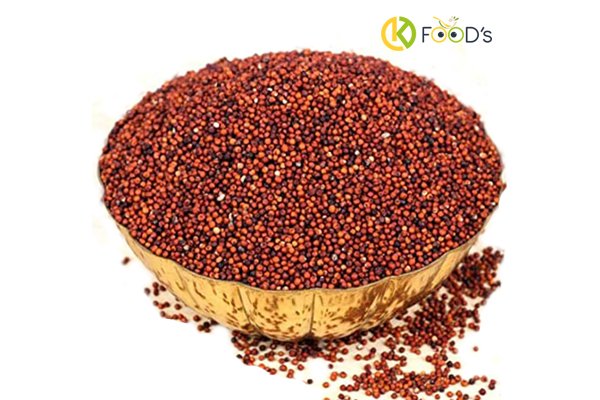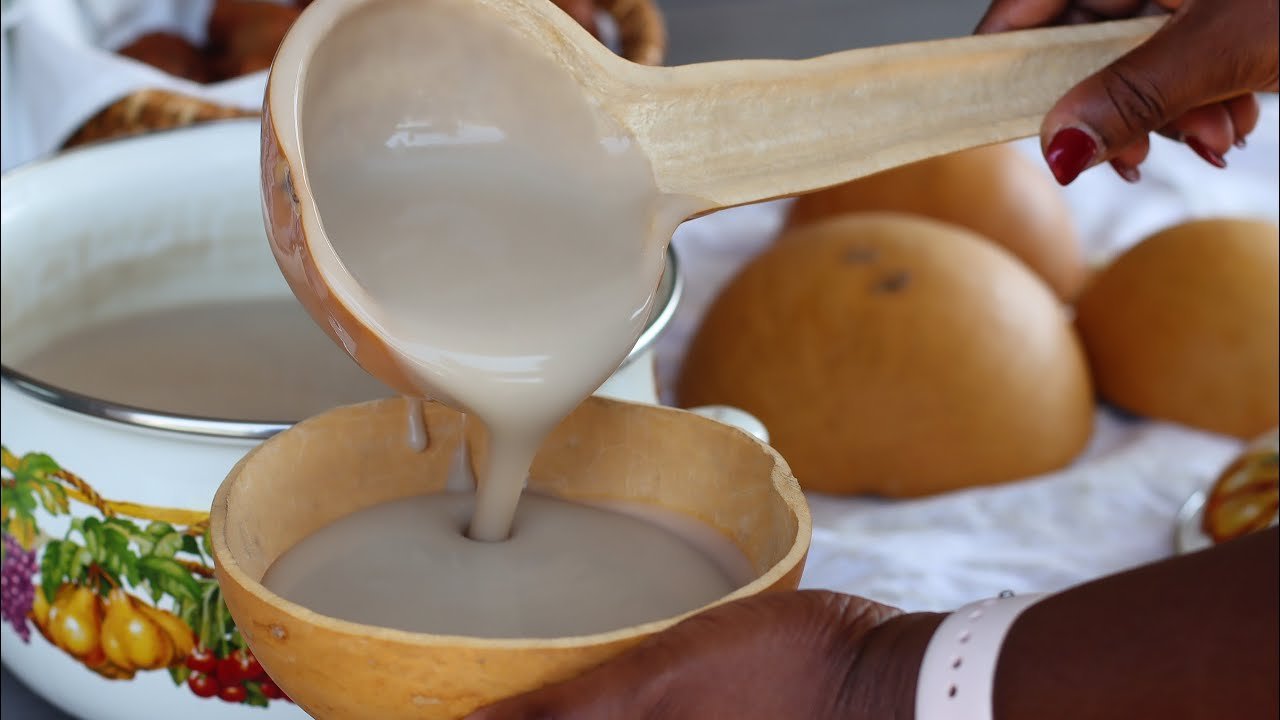Nutrition
Media must be passionate about NCDs , mental health issues – Dr Mavis Sakyi
Dr Mavis Sakyi, the Acting Head of Public Health and Health Promotion of the Ministry of Health, has urged the media to be passionate on issues of Non-Communicable Diseases (NCDs) and mental health to create platforms for financial support for awareness creation.
She said NCD rates such as cancers, respiratory disease, diabetes, cardiovascular diseases, eye diseases, among others, and mental health were becoming alarming and could lead to the next pandemic in the country.
She stated that about 54 per cent of deaths were caused by NCDs and there was the need for agenda setting on the issue by the media in the print, online, social media, television, and radio for financial dialogue to support awareness creation.
Dr Sakyi advised at a day’s capacity-building seminar for media professionals and members of civil society organisations on NCD and Universal Health Coverage (UHC) on the theme: “Accelerating UHC through the 2 Global Financial Dialogue on NCDs and Mental Health”.
Mr Labram Musah, the National Coordinator of the Ghana NCD Alliance in a presentation called on the government to earmark a percentage of the excise tax revenue for NCDs and mental healthcare.
He said more than 60 per cent of people living with NCDs face a financial burden, which results from out-of-pocket payment costs of medicine, outpatient visits, and hospitalisation, among others.
“This had led persons, families and communities into poverty,” he stated.
Mr Musah entreated the government to remove subsidies on harmful products such as tobacco, alcohol, sugar-sweetened beverages, trans-fats, and the rest to prevent diseases.
He said; “It is estimated that 3.1 million Ghanaians are living with mental health issues, and globally, it is estimated that 15 million lives a year will be ended prematurely because of NCD and mental health.
“Treatment costs also increase exponentially in the case of multi-morbidities, which is becoming more of a norm rather than an exception,” he stated, saying; “NCD is cross-cutting and has dire consequences on many communicable diseases.
He said the catastrophic spending on the diseases had contributed to many households adopting negative coping mechanisms that included reduced spending on other health costs, food, education, and the rest. – GNA
Nutrition
Benefits of millet

– High nutritional value: Millets are a rich source of nutrients, including protein, fibre, and micronutrients like magnesium, potassium, and zinc.
It also has a low glycemic index. This makes it an ideal food for people with diabetes or anyone looking to maintain stable blood sugar levels.
– Gluten free: Millet is naturally gluten-free, making it an excellent choice for those with celiac disease or gluten intolerance. It’s also a great alternative to wheat for people looking to reduce their gluten intake.
-Promotes digestive health – The high fibre content in millet makes it an excellent food for promoting digestive health. It can help to prevent constipation and reduce the risk of colon cancer.
-Aids weight loss – Millets have a low calorie count, and they are an excellent food product for weight loss. They help to maintain energy levels throughout the day, preventing the need for constant snacking and overeating. Millets also keep you satiated for longer than other carbohydrates, as they take time to get digested and absorbed into your body.
-Keeps blood sugar levels low – Millets have a low glycaemic index, which makes them an excellent food for regulating blood sugar levels. Consuming millets regularly can lower your risk of developing diabetes.
-Boosts Immunity – Millets provide a great source of protein and can help develop and strengthen your immunity. A stronger immune system means fewer chances of you catching diseases.
-Reduces cardiovascular risks – The essential fats found in millets provide our bodies with good fats which prevent excess fat storage, effectively lowering the risk of high cholesterol, strokes, and other heart complaints. The potassium content in millets regulates your blood pressure and optimises your circulatory system.
-Prevents asthma – The magnesium content in millets can reduce the frequency and severity of migraines and asthma complaints. Unlike wheat, they do not contain the allergens that lead to asthma and wheezing.
-Helps your digestion – Millets are a rich fibre source that benefits digestion by alleviating bloating, gas, cramping, and constipation. Good digestion keeps issues like gastric/colon cancer and kidney/liver complaints away.
-Acts as an antioxidant – Millets help the body detox because of their antioxidant properties. Quercetin, curcumin, ellagic acid, and other valuable catechins flush out toxins from your body and neutralise the enzymatic actions of your organs.
Source: wafflemill.com
Nutrition
Millet flour porridge

Millet porridge, is commonly consumed as a breakfast meal. It can also be taken late in the afternoon as snack. It is called Hausa koko in areas where it was introduced by Hausa-speaking people.
Ingredients
– 100 grams of millet flour
-Water
-5 cloves
-Ginger
Preparation
• Mix millet flour with enough water to form a dough
• Leave dough to ferment (preferably overnight)
• Mix dough with enough water and sieve for cooking
• Allow mixture to boil for some time.
• Add sieved mixture to boiled water and stir vigorously to avoid formation of lumps
• Allow it to boil until it is cooked and served hot.







